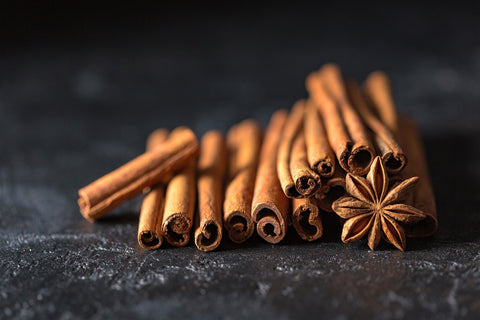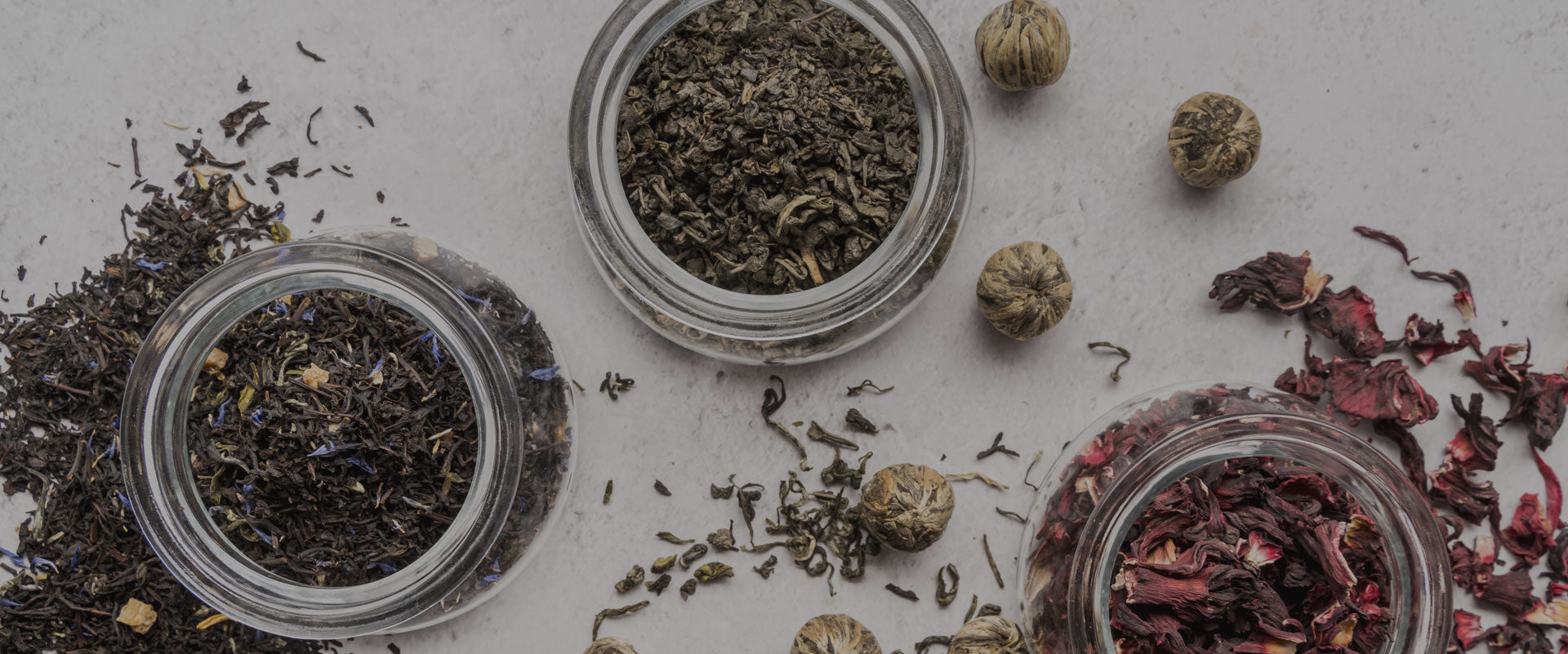
Make sure you’re only drinking certified organic herbal tea. Organic will allow the nutrients of tea to enter your body unaltered, without the side-effects of pesticides working against its cleansing properties.
Toxins from pesticides sprayed on nonorganic teas detract from the healing and cleansing properties of the teas that have been used for throughout history. Human pesticide consumption has been linked to short-term health issues such as headaches and nausea, and in some cases to more serious conditions of infertility, endocrine disruptions and even cancer. The only way to ensure you’re not exposing yourself is to drink only organic ☺
☺ Organic tea farms use compost, plants and organic matter to provide essential ground cover and fill the soil with nutrients to allow sustainable, fertile land for many harvests to come. This natural soil brings the organic tea plants to life; rich with minerals, amino acids and vitamins. Organic herbal tea is literally the world’s healthiest vitamin water, with varieties such as green tea, chamomile and yerba mate containing antioxidants that can help reduce inflammation, combat cell damage and have been linked to reducing the risk of cancer and diabetes.
When making tea use loose leaf and always cover the cup so that the volatile oils don’t evaporate.
You might think nothing of sprinkling some cinnamon on your porridge or drinking a chai tea, but it turns out cinnamon could have more benefits than simply being a flavour maker.
“Cinnamon” is the catch-all name for the spices made by grinding up the bark of trees in the genus Cinnamomum.
One study suggests that people with type 2 diabetes who had between one and six grams of cinnamon a day for 40 days had improved blood glucose and cholesterol levels.
While research is yet to conclude whether healthy people could experience similar benefits from sprinkling cinnamon on their food, Kara Landau, Travelling Dietitian, told Coach that its natural sweetening capabilities mean that using it may reduce your sugar consumption.
“It’s certainly a healthy option for the general population and … can often lead to less sugar being required at a meal to satisfy such cravings,” she says.
Most supermarket cinnamon is the cassia variety, made from the Cinnamomum cassia tree's bark. Naturopath Karina Francois says this variety is a good source of the polyphenol antioxidant, but she says it’s important you don’t have too much.
“Cinnamon has a lot of antioxidants – it’s like taking a little bit of natural vitamin,” she says.
“But don’t overdo it because the cassia type, which you buy from the supermarket, has coumarin in it which can interfere with blood thinners and aspirin and cause problems with liver and kidney if you have too much.”
If you want to use a lot of cinnamon – in the order of multiple teaspoons a day – then Francois says you’d be better off having Ceylon cinnamon (aka “true” cinnamon, made from the Cinnamomum verum tree's bark), which hails from Sri Lanka and can be bought in Sri Lankan grocers or from herbalists.
“The Ceylon type is quite safe and helps with metabolising blood sugars and making the body more responsive to insulin so you can access the carbohydrates you’ve been eating,” she says.
“It tastes completely different to [cassia] cinnamon. You could have it on porridge or cooked fruit or mix it in your tea or in hot water with honey. It doesn’t hurt to have a teaspoon three times a day.”
Francois says it’s one of her go-to ingredients for making herbal tonics to help everything from diabetes to high cholesterol to polycystic ovarian syndrome.
“The main component in Ceylon cinnamon is the anti-inflammatory cinnamaldehyde, which helps alkalise the body,” she says.

